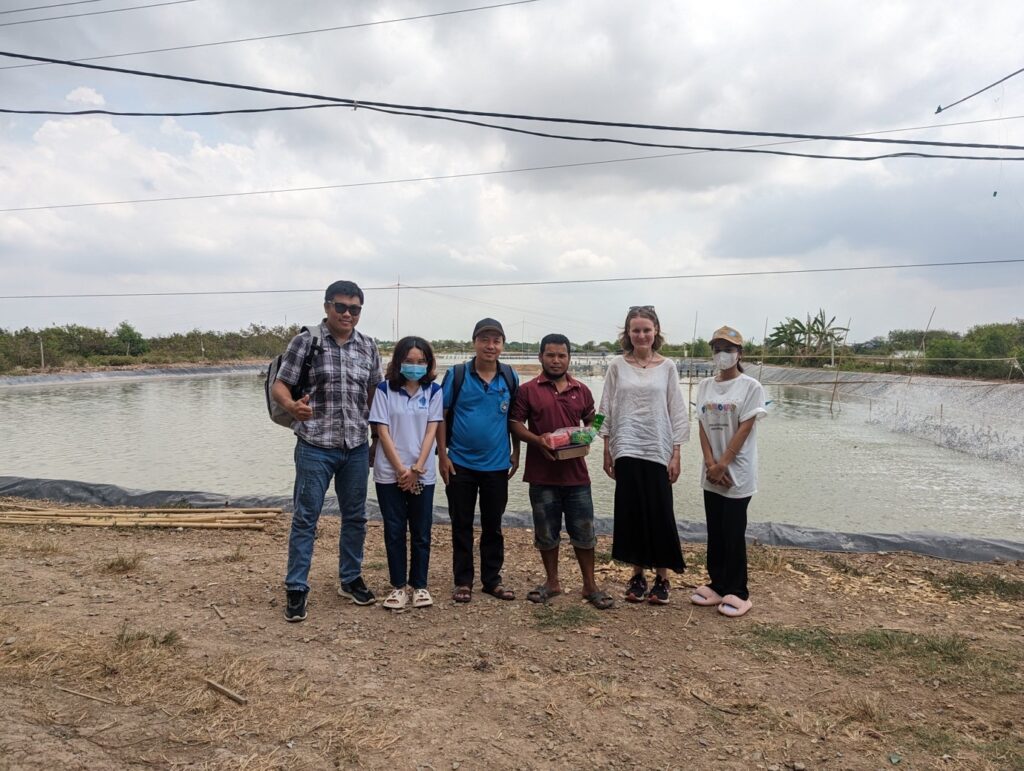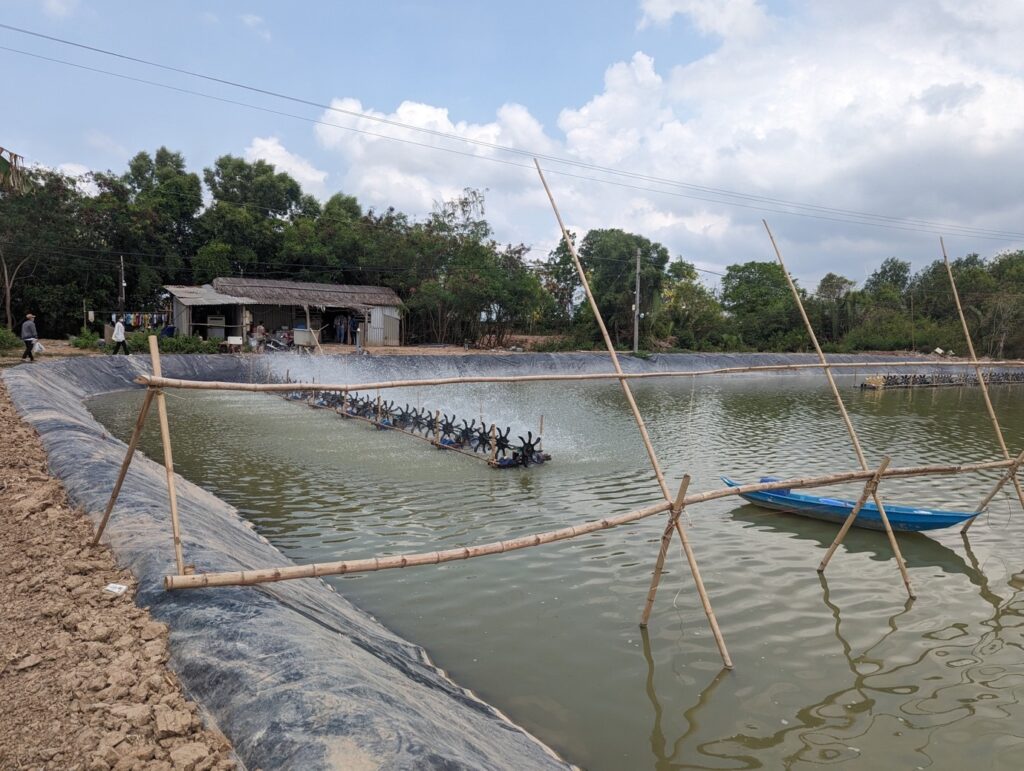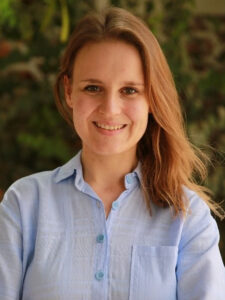University of Oxford
11a Mansfield Rd
OX1 3SZ
UK


White-leg shrimp farm in Soc Trang, Viet Nam.
Oxford, October 26th, 2023 –the Interdisciplinary Centre for Conservation Science (ICCS) has announced a joint research programme with Can Tho University’s College for Aquaculture and Fisheries (CAF) and the Stockholm Resilience Centre (Stockholm University). This ground-breaking four-year research project aims to boost the sustainability of shrimp farming in Viet Nam’s Mekong River Delta. The project is integrated into the HESTIA food sustainability data platform project, based at the Oxford Martin School.
The global population is projected to reach 9.7 billion people by 2050, and the food system is facing mounting challenges such as food security, economic viability, and environmental preservation. In particular, the global aquaculture industry, which includes shrimp farming among others, has experienced remarkable expansion in recent years. This growth, however, has led to concerns around overfishing, environmental deterioration, and negative socio-economic repercussions such as community displacements.
Professor E.J. Milner-Gulland of Oxford University said “I’m delighted that we are collaborating with Can Tho university on this very topical and important project and I look forward to our joint research programme producing important insights over the next few years.”
Oxford, Stockholm and Can Tho have united to pave the way for more sustainable shrimp farming future in the Mekong River Delta and beyond. Lead scientist at Can Tho University Dr Dao Minh Hai said: “This collaboration will sustainably improve the current shrimp farming practices as well as the sustainable development of aquaculture in the Mekong Delta, Viet Nam, especially under the negative impacts of climate change.”
The collaboration will comprehensively assess different shrimp farms and standardise environmental impact data to generate precise comparisons and trend analyses with HESTIA. Key areas of focus include lifecycle assessment, land use changes, socioeconomic trends among farmers, decision-making processes, and policy analysis. The primary goal is to pinpoint obstacles and foster effective incentives for sustainable practices within the shrimp farming sector and to strike a harmonious balance between environmental sustainability and maintaining productivity and income levels for local farmers. Alena Goebel, PhD researcher at Oxford University, expressed her excitement for the interdisciplinary and international collaboration and stated that she was looking forward to gaining deeper insights into the changes and impacts of our food system.
Dr Patrik Henriksson of Stockholm Resilience Centre and WorldFish said: “This is a great opportunity to build on previous collaborations and expand the productive collaboration with Can Tho University.”
The project is financially supported by the Ardevora Charitable Trust, the Heinrich Böll Foundation scholarship programme and WorldFish (CGIAR).

Researchers prepare for the research project with a visit to a shrimp farm in Soc Trang. Left to right: Local government representative, CAF student, Dr. Dao Minh Hai (CAF), shrimp farm manager, Alena Goebel (HESTIA/ICCS), CAF student.

